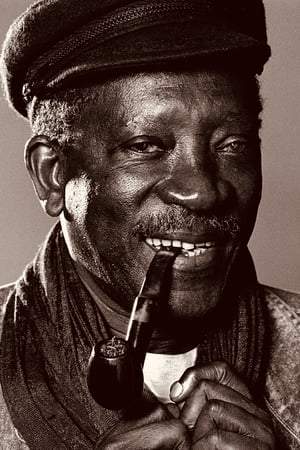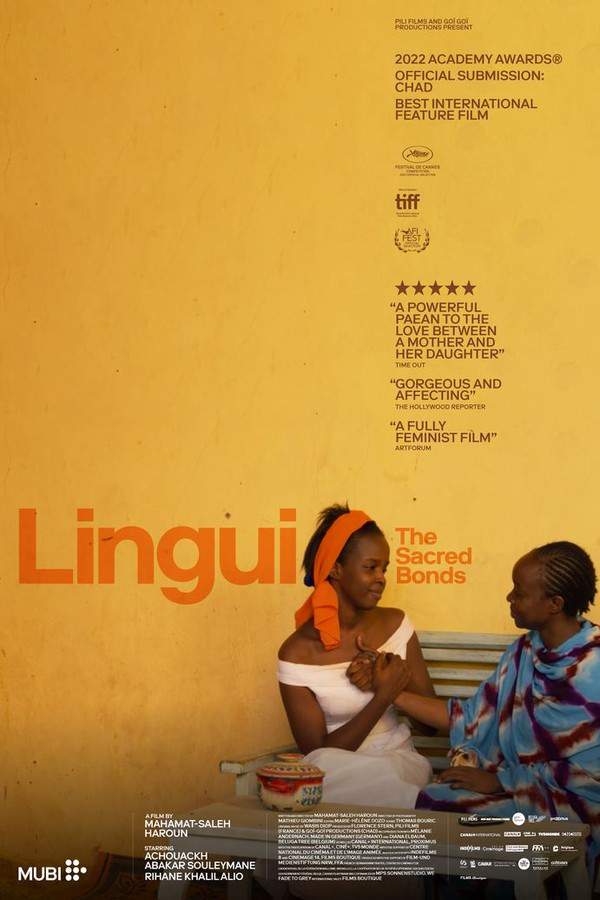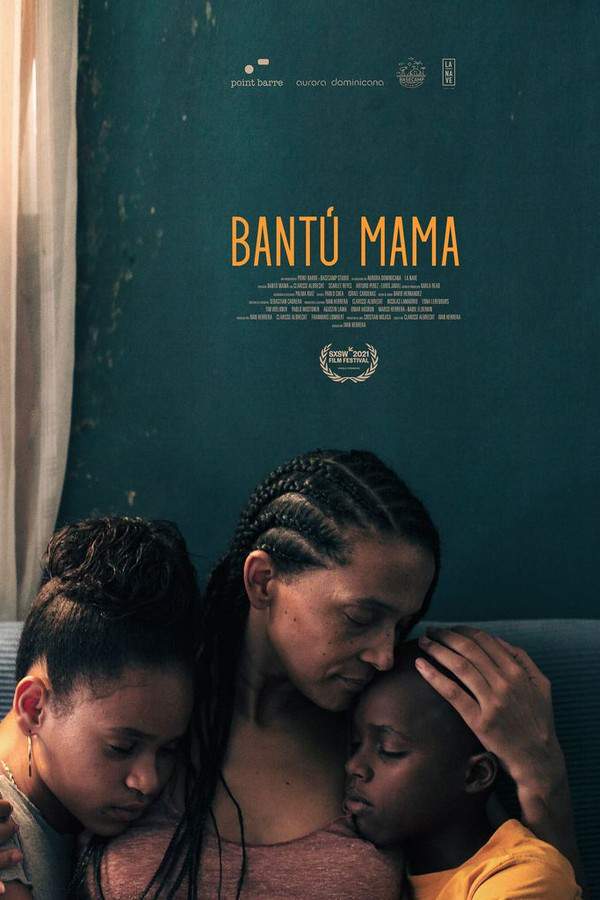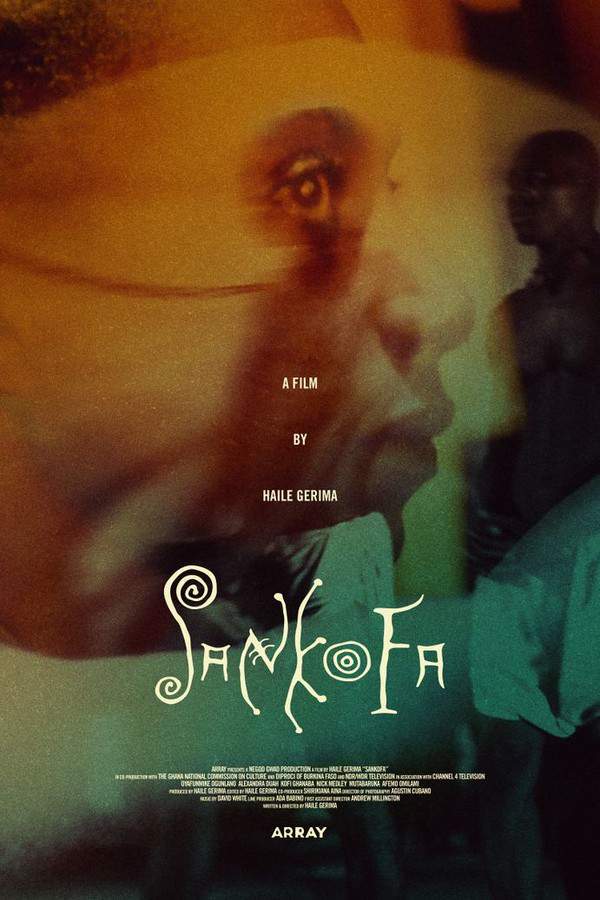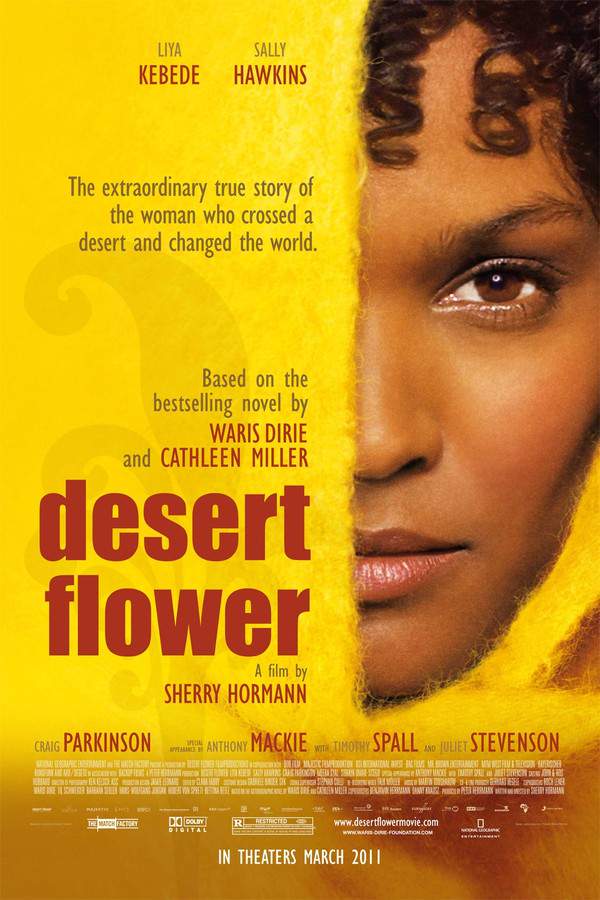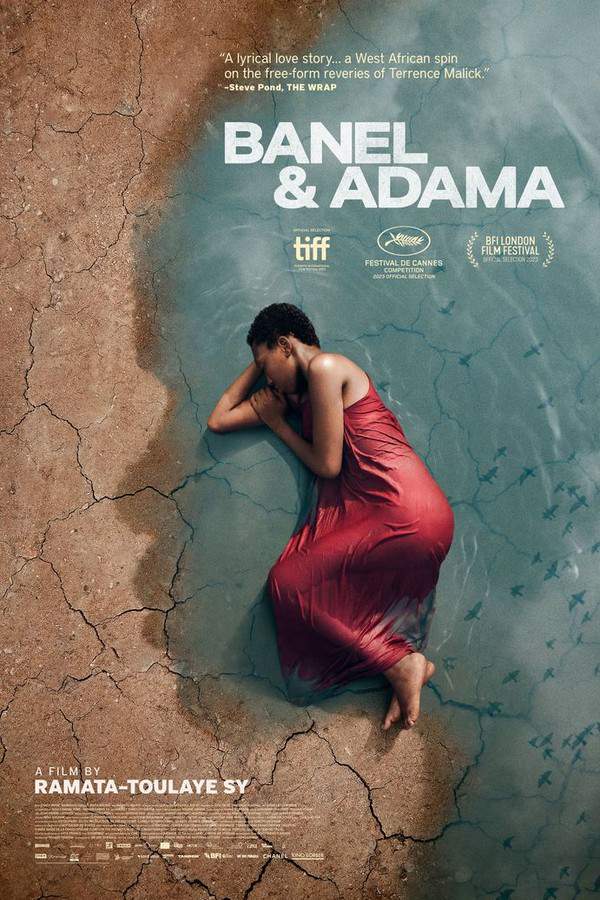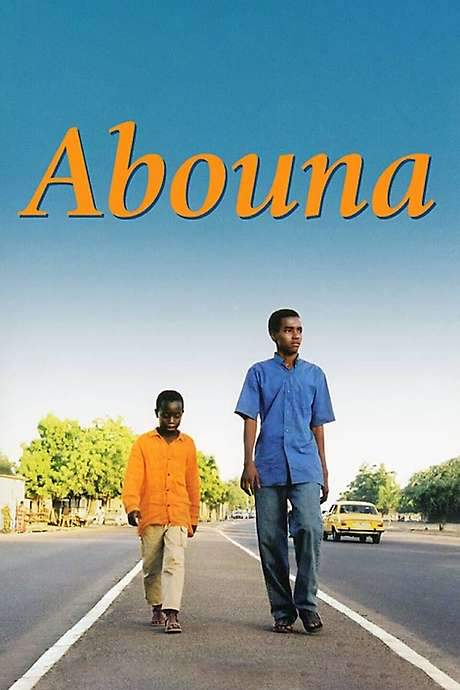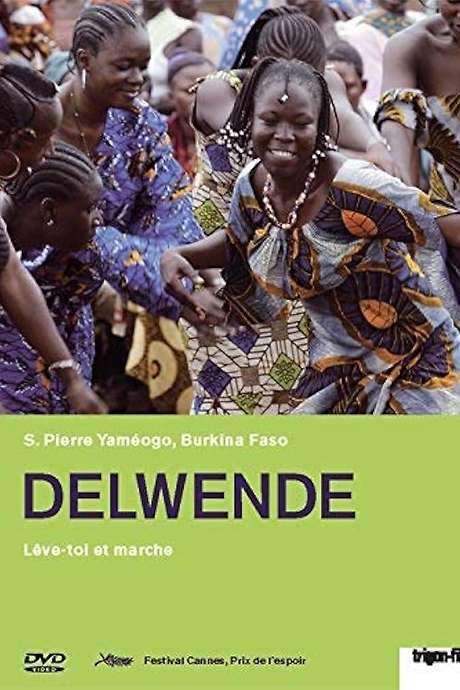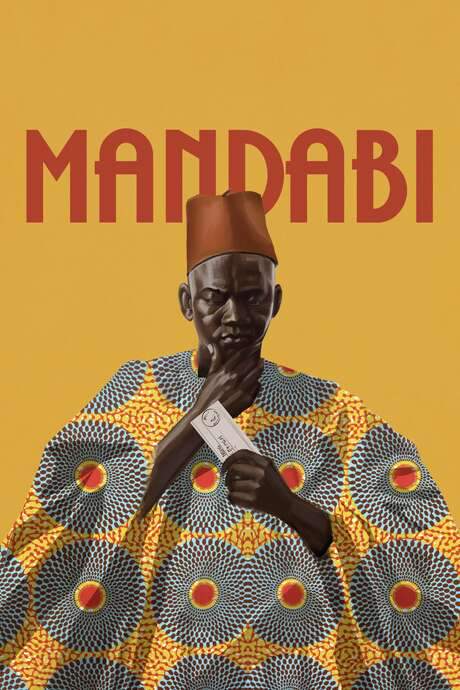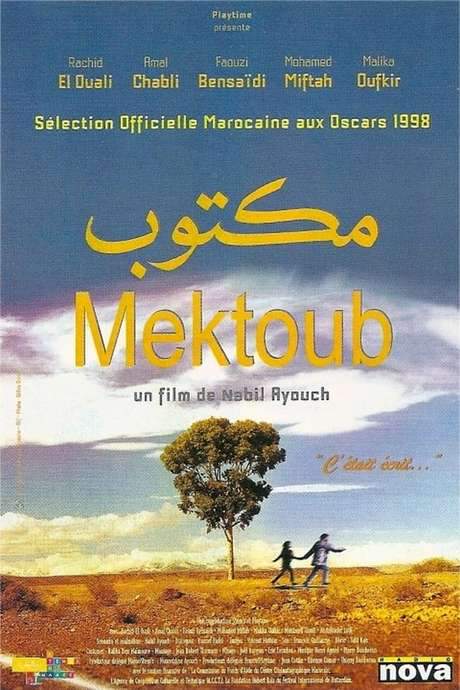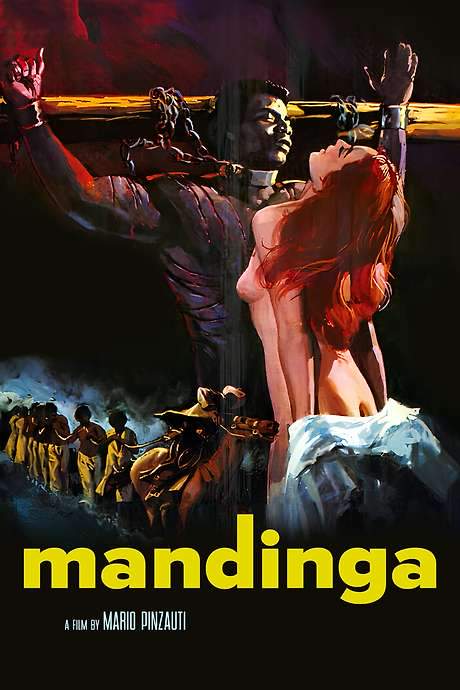Moolaadé 2004
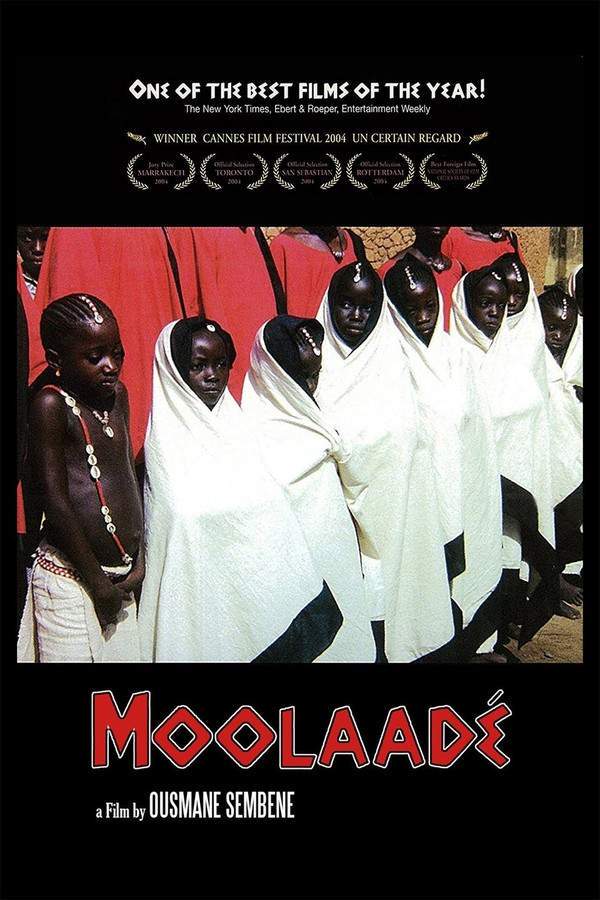
In a remote African village, four young girls flee a traditional ritual purification ceremony and find safety with Collé, a strong woman who has previously protected her own daughter. Collé’s act of sanctuary challenges the established customs and traditions of the close-knit community, sparking a conflict between modern beliefs and deeply ingrained practices. As tensions escalate, Collé’s courageous stand threatens to unravel the delicate balance of their society.
Does Moolaadé have end credit scenes?
No!
Moolaadé does not have end credit scenes. You can leave when the credits roll.
Meet the Full Cast and Actors of Moolaadé
Explore the complete cast of Moolaadé, including both lead and supporting actors. Learn who plays each character, discover their past roles and achievements, and find out what makes this ensemble cast stand out in the world of film and television.
No actors found
External Links and Streaming Options
Discover where to watch Moolaadé online, including streaming platforms, rental options, and official sources. Compare reviews, ratings, and in-depth movie information across sites like IMDb, TMDb, Wikipedia or Rotten Tomatoes.
Ratings and Reviews for Moolaadé
See how Moolaadé is rated across major platforms like IMDb, Metacritic, and TMDb. Compare audience scores and critic reviews to understand where Moolaadé stands among top-rated movies in its genre.

91
Metascore
8.9
User Score


99%
TOMATOMETER

84%
User Score

71
%
User Score
Take the Ultimate Moolaadé Movie Quiz
Challenge your knowledge of Moolaadé with this fun and interactive movie quiz. Test yourself on key plot points, iconic characters, hidden details, and memorable moments to see how well you really know the film.
Moolaadé Quiz: Test your knowledge on the themes, characters, and events of 'Moolaadé'.
What is the central practice that Collé opposes in the film?
Male circumcision
Female genital cutting
Child marriage
Polygamy
Show hint
Full Plot Summary and Ending Explained for Moolaadé
Read the complete plot summary of Moolaadé, including all major events, twists, and the full ending explained in detail. Explore key characters, themes, hidden meanings, and everything you need to understand the story from beginning to end.
The film unfolds in a vibrant Bambara village in Burkina Faso, marked by termite mounds and a clay mosque, resembling a colossal hedgehog. This picturesque village symbolizes the essence of green Africa, serving as a living relic yet still vulnerable to the encroachments of the modern world.
Collé, the second wife of a thoughtful and composed man, enjoys a favored position among her husband’s wives. Her daughter, Amasatou, is engaged but has not undergone the traditional female genital cutting, which poses a significant hurdle in her path to marriage as viewed by local customs. Collé stands firmly against this practice, drawing ire from the village elders, both men and women, who scorn her daughter for not conforming. Meanwhile, Amasatou feels pressured to undergo the procedure to secure her societal standing and marriage prospects, but Collé remains resolute in her stance.
When four frightened girls flee from the impending ritual, Collé symbolizes their hope by drawing a colorful protection rope, known as Moolaadé, across her family’s threshold. This act of defiance effectively barricades the village elders—who have been searching for the fleeing girls—from entering her home.
Initially, Collé’s rival, the first wife, seems unsupportive; however, she later reveals her own opposition to genital cutting, secretly helping Collé all along. Confronted with Amasatou’s persistent pleas for circumcision, Collé recounts her painful past, emphasizing her desire to spare her daughter from the suffering she endured, which included two harrowing pregnancies that nearly cost her life.
In a poignant flashback, Collé’s painful sexual encounters with her husband are depicted, showcasing her anguish as she silently bears the torment of her marital duties, a reflection of the larger patriarchal constraints on African women. As Collé’s daughter’s fiancé, Ibrahima, returns from France, he embodies the progressive voice challenging the traditions of his native village. He is horrified to witness a funeral for two young girls who took their own lives to escape genital mutilation. Despite familial pressures urging him to abandon Amasatou, Ibrahima stands firm, declaring his commitment to her, despite her perceived “impurity.”
The women of the village find solace in their radios, which broadcast music and news from beyond their community—items the male elders deem dangerous. In a display of control, the elders demand that Collé’s husband, Ciré Bathiliy, shame her publicly, insisting that he whip her until she renounces Moolaadé. Under immense pressure, Collé refuses to yield, embodying strength against the cacophony of dissent from both men and women. Just when she appears on the brink of collapse, a merchant known as Mercenaire intervenes.
Mercenaire, a savvy war veteran turned trader, berates Ibrahima and his family, indirectly revealing the underlying issues of child abuse tied to marrying young girls who have undergone genital cutting. His presence only complicates matters further, as he tries to sell brightly colored plastic goods to the villagers at exorbitant prices. Ultimately, however, Mercenaire faces dire consequences for his actions and is eradicated from the village.
As chaos unfolds, one desperate mother abducts her daughter in hopes of having her genitals cut, resulting in the child’s tragic demise during the procedure. This calamity ultimately catalyzes a shift in perception among the other mothers, sparking a movement against female genital cutting. Encouraged by this change, Collé revokes her previous protection, returning the girls to their families.
The villagers eventually unite against the oppressive traditions, pledging to end genital cutting. Collé boldly calls for the surrender of the knives used for this practice, symbolizing a significant victory over the age-old customs. Ibrahima, emboldened by his love for Amasatou, confronts his father defiantly, declaring his intent to marry her despite familial threats. The movie concludes with the powerful image of radios ablaze, representing both the triumph of voicing dissent and the threat of silencing.
Uncover the Details: Timeline, Characters, Themes, and Beyond!

Coming soon on iOS and Android
The Plot Explained Mobile App
From blockbusters to hidden gems — dive into movie stories anytime, anywhere. Save your favorites, discover plots faster, and never miss a twist again.
Sign up to be the first to know when we launch. Your email stays private — always.
Watch Trailers, Clips & Behind-the-Scenes for Moolaadé
Watch official trailers, exclusive clips, cast interviews, and behind-the-scenes footage from Moolaadé. Dive deeper into the making of the film, its standout moments, and key production insights.
Moolaadé Themes and Keywords
Discover the central themes, ideas, and keywords that define the movie’s story, tone, and message. Analyze the film’s deeper meanings, genre influences, and recurring concepts.
Moolaadé Other Names and Titles
Explore the various alternative titles, translations, and other names used for Moolaadé across different regions and languages. Understand how the film is marketed and recognized worldwide.
Similar Movies To Moolaadé You Should Know About
Browse a curated list of movies similar in genre, tone, characters, or story structure. Discover new titles like the one you're watching, perfect for fans of related plots, vibes, or cinematic styles.
Quick Links: Summary, Cast, Ratings, More

What's After the Movie?
Not sure whether to stay after the credits? Find out!
Explore Our Movie Platform
New Movie Releases (2026)
Famous Movie Actors
Top Film Production Studios
Movie Plot Summaries & Endings
Major Movie Awards & Winners
Best Concert Films & Music Documentaries
Movie Collections and Curated Lists
© 2026 What's After the Movie. All rights reserved.



